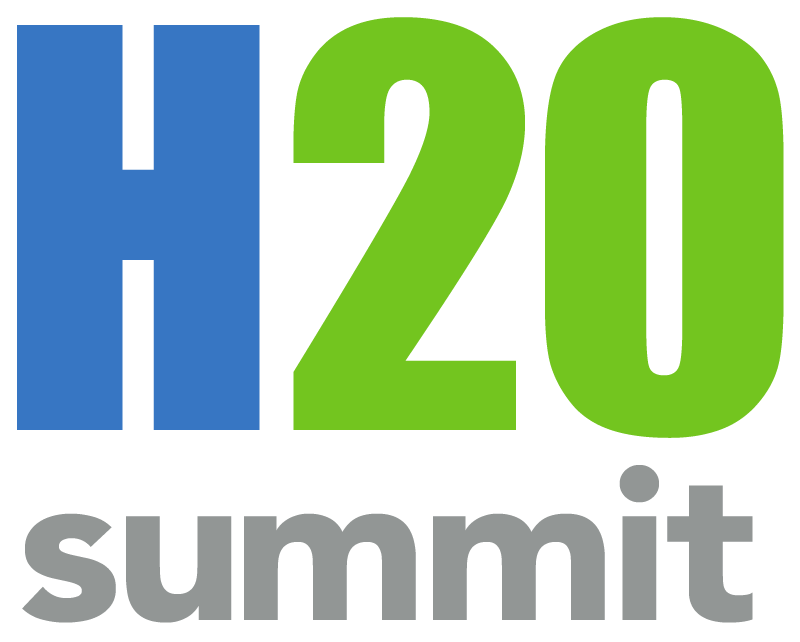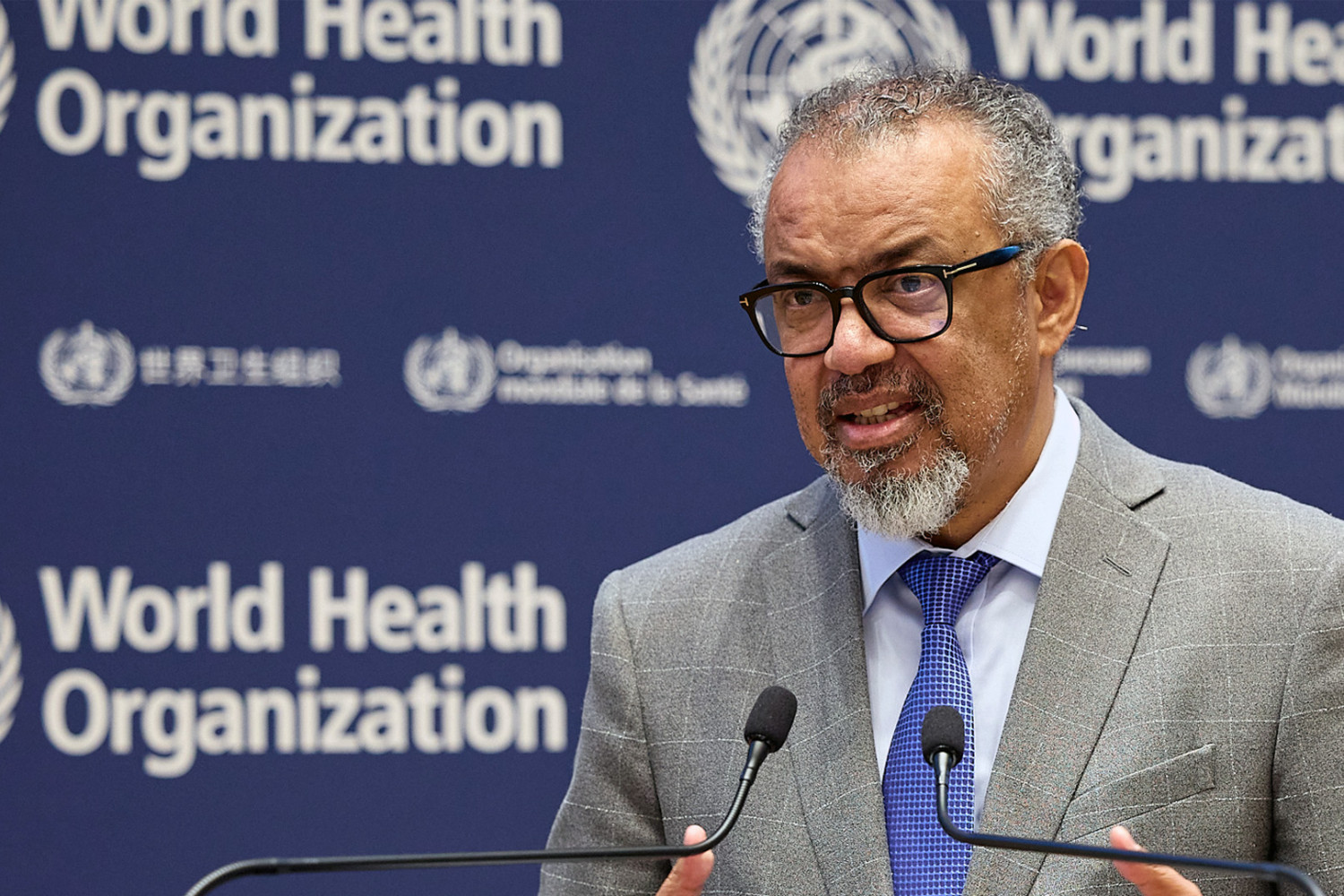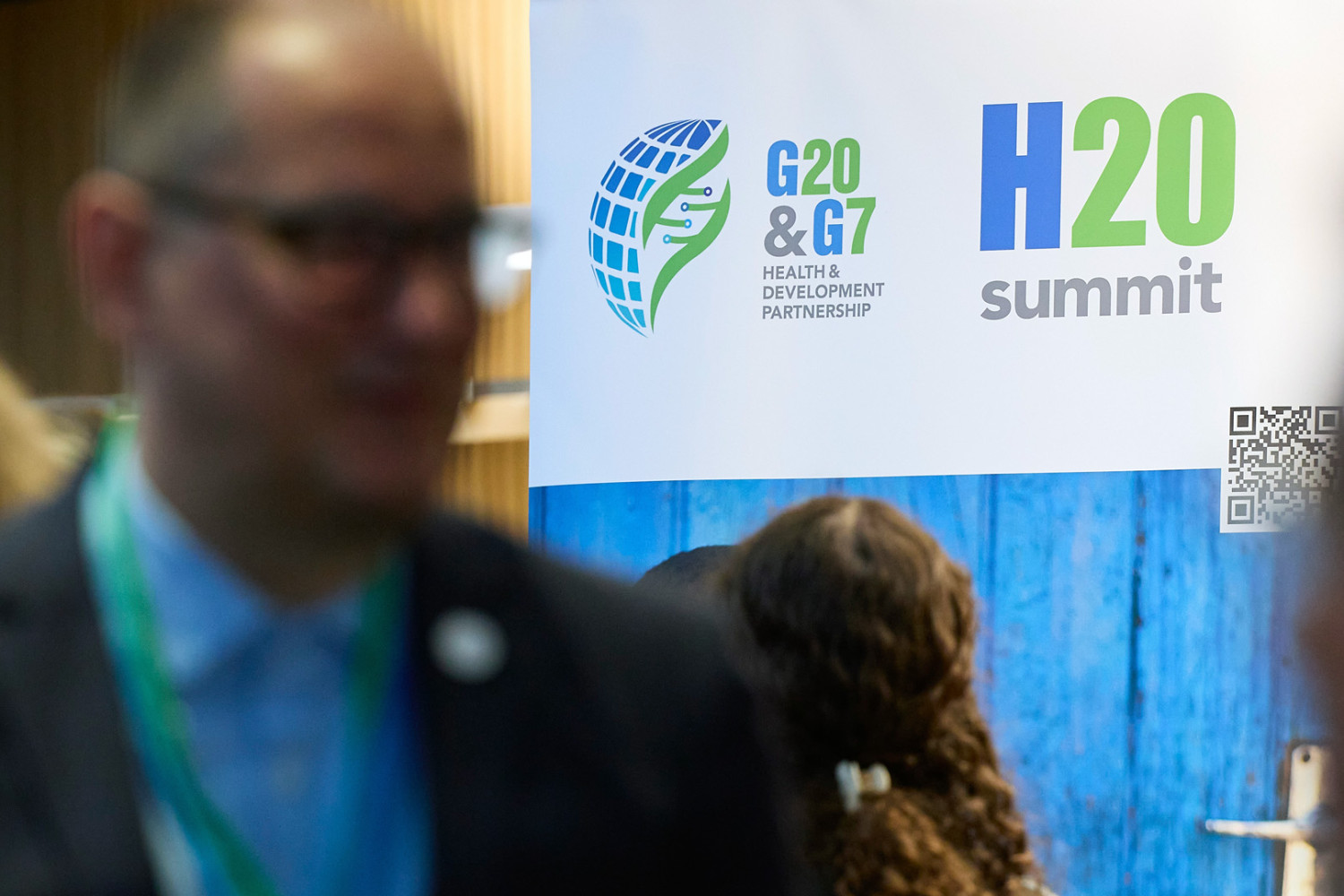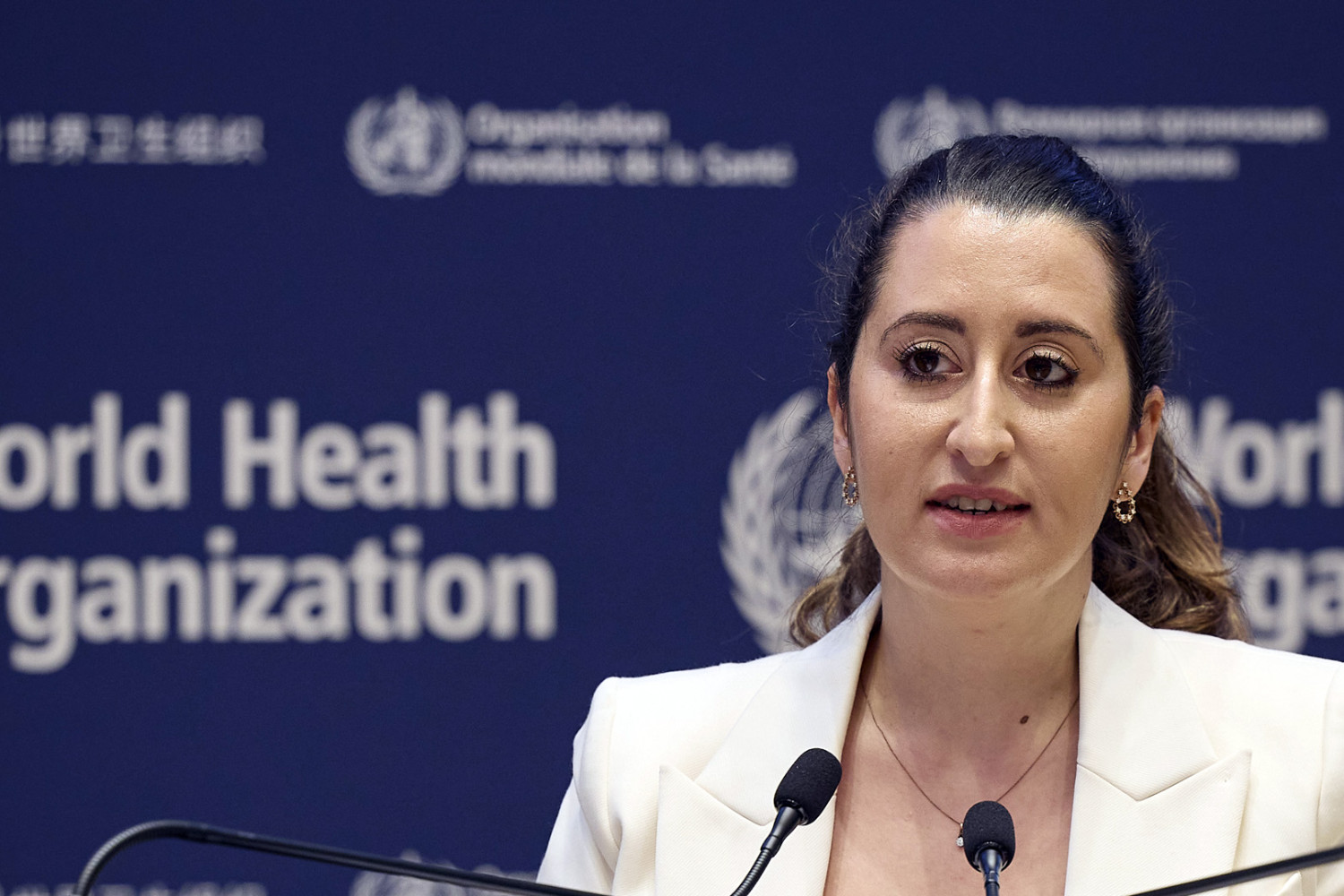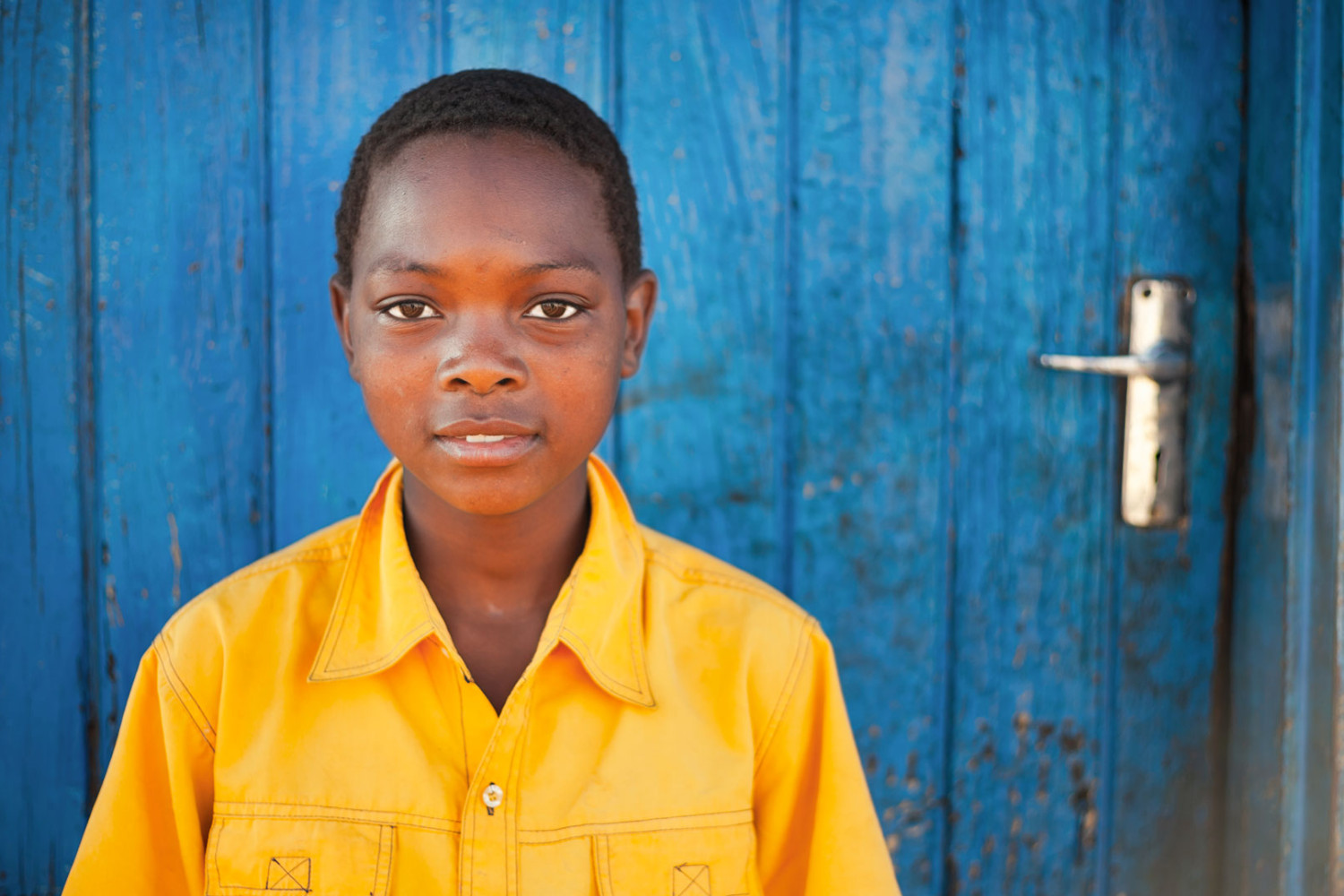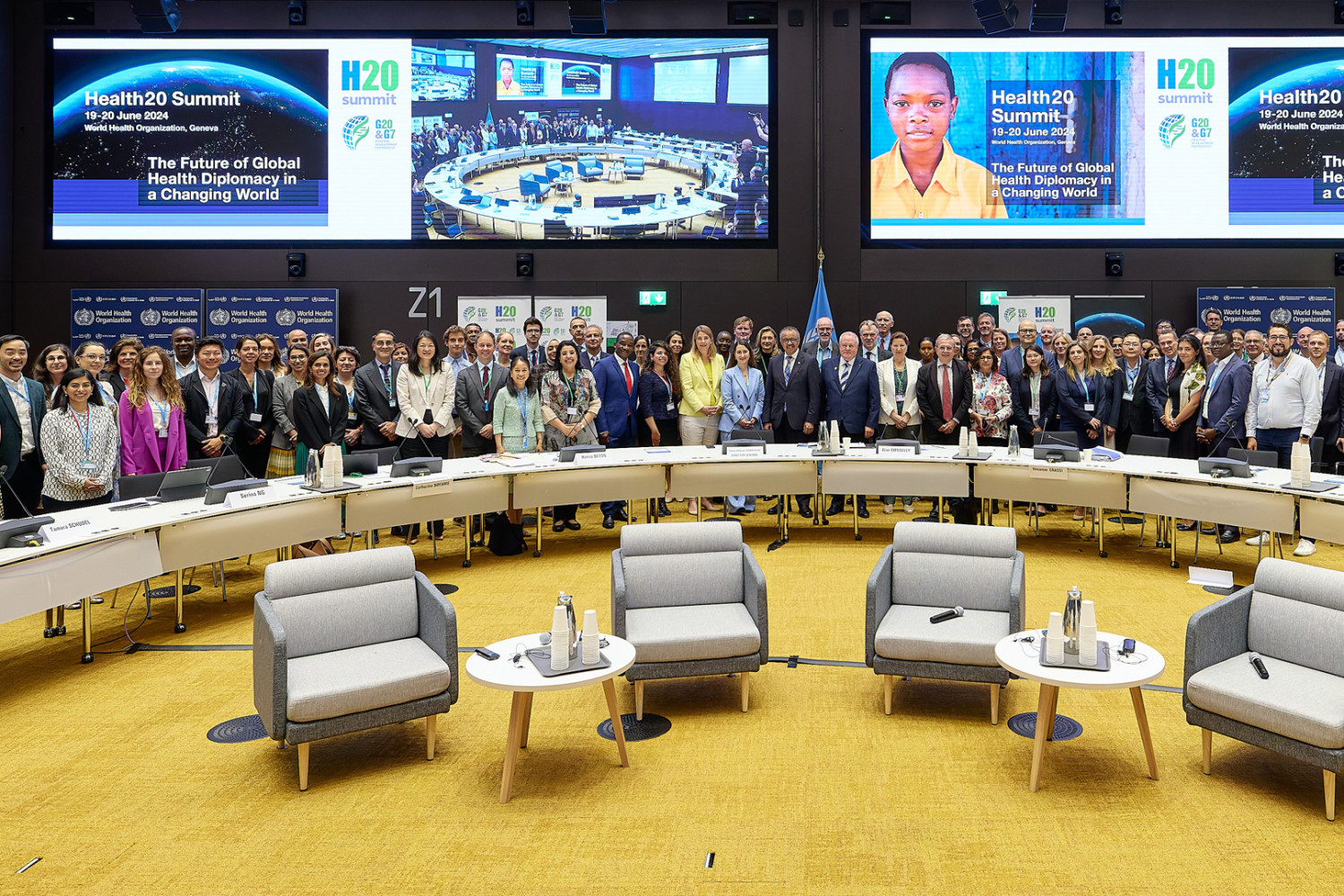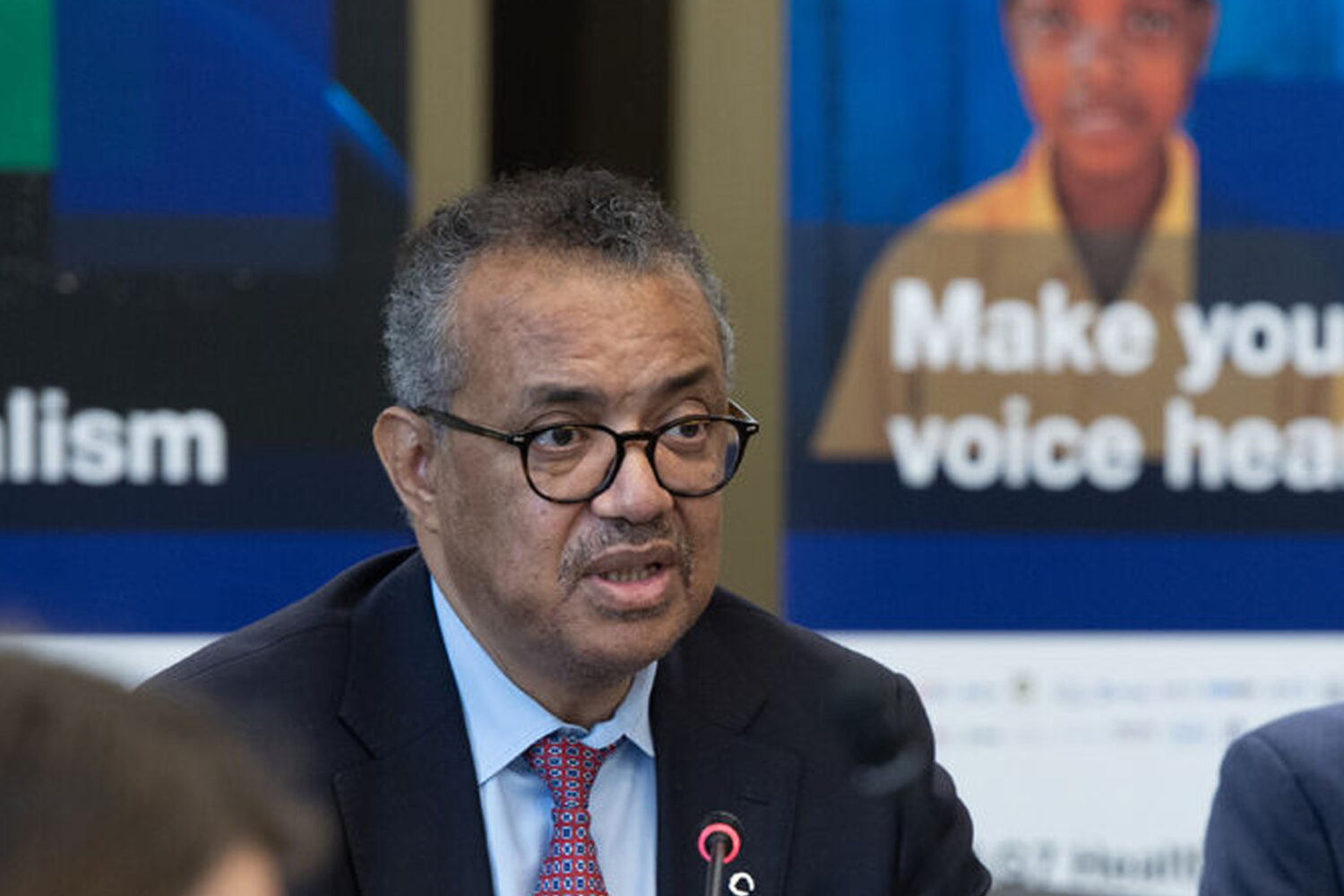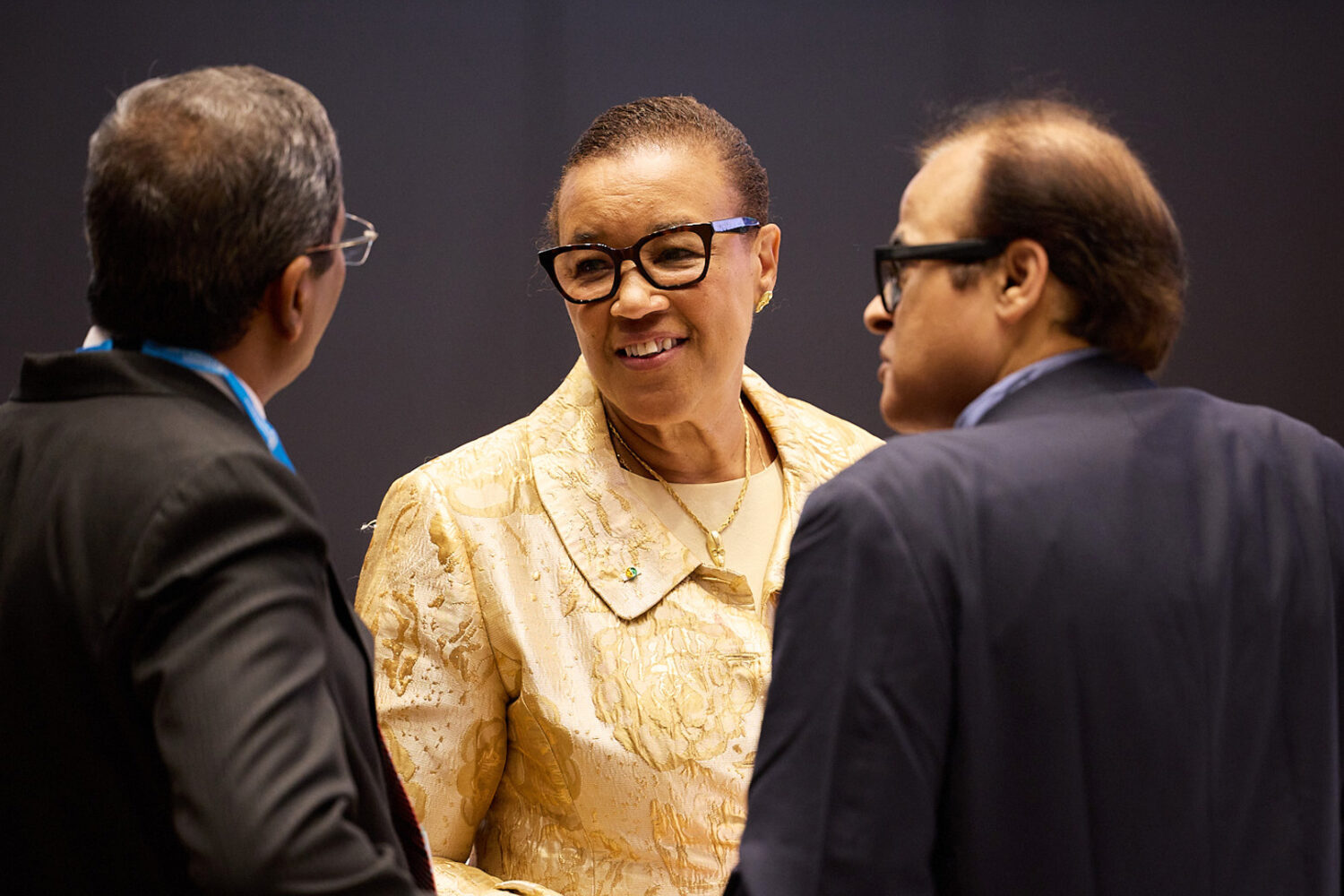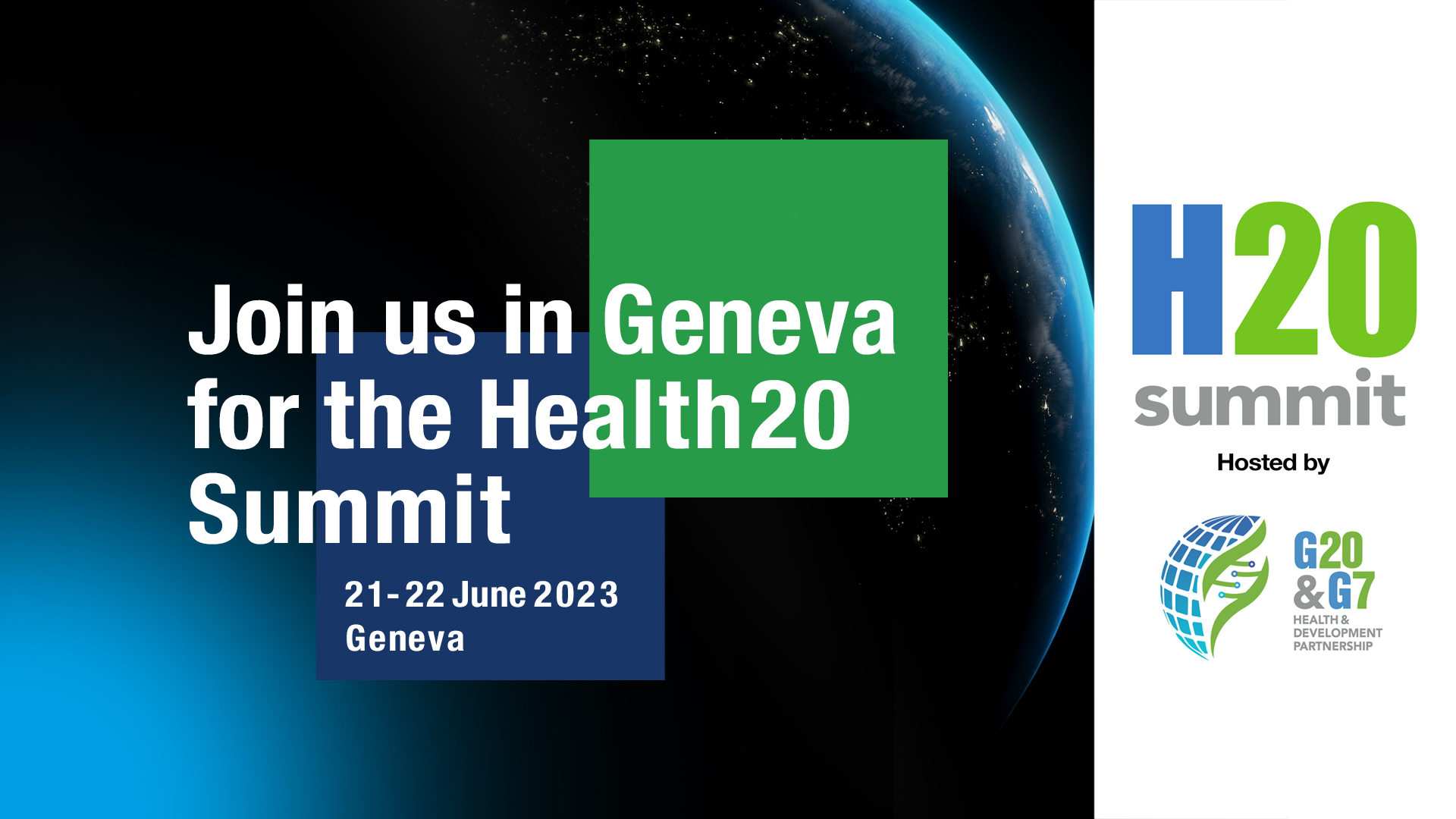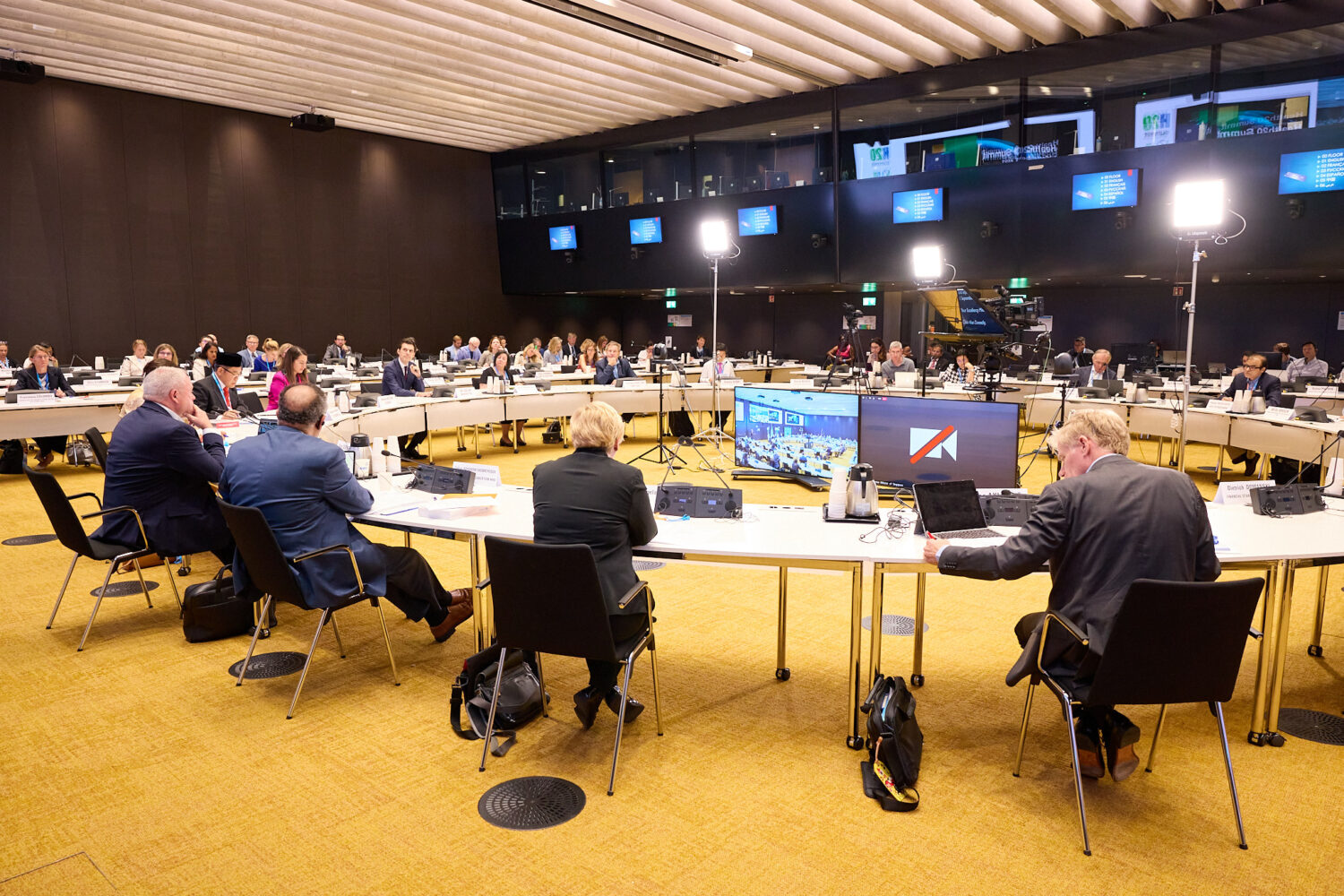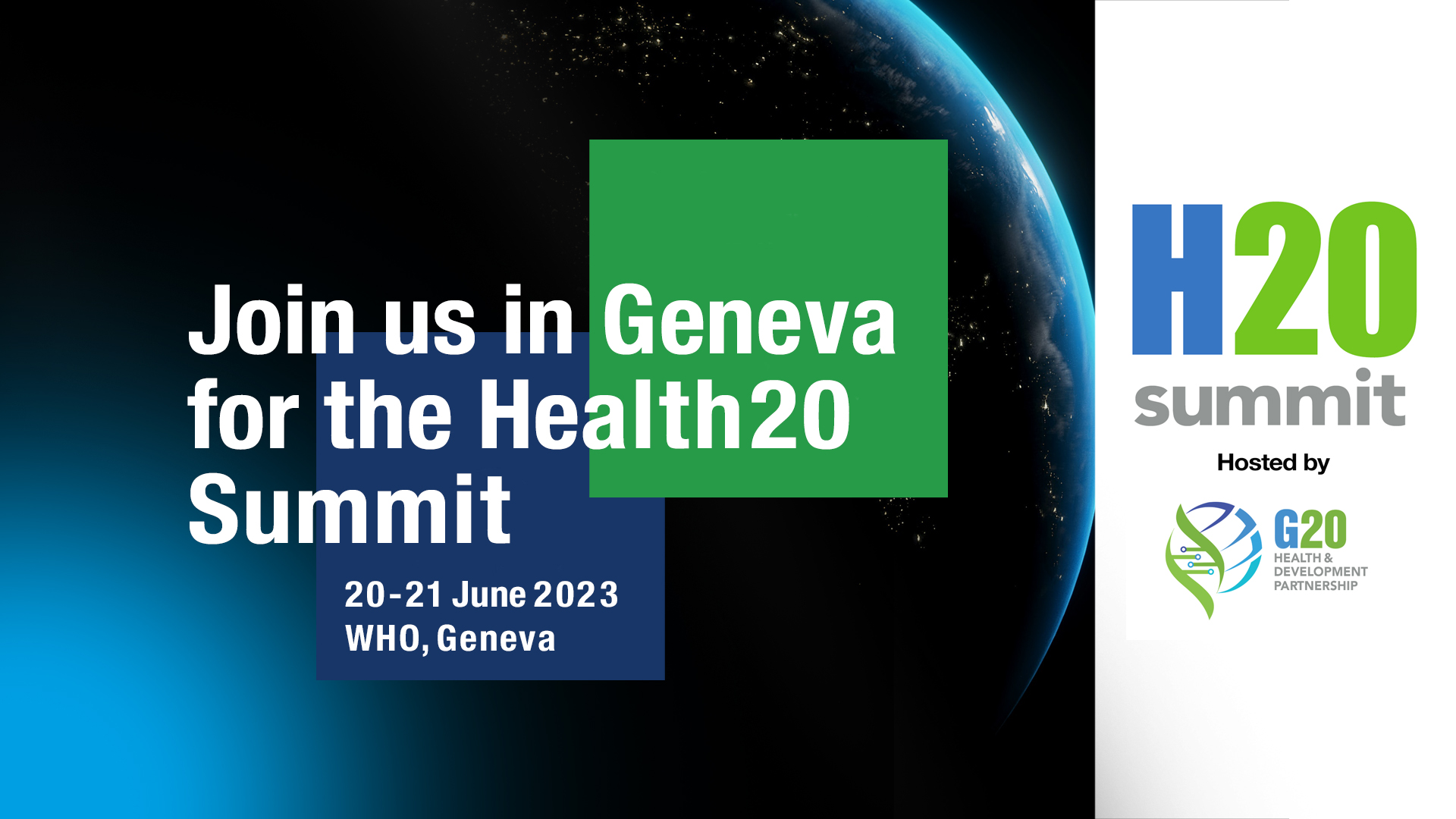By Hatice Beton, Roberto Durán–Fernández, Dennis Ostwald and Rifat Atun
This article originally appeared in Diplomatic Courier (link here).
As public budgets shrink and private money increasingly flows into the health space, what is needed now is a coordinated, strategic public–private effort to make sure this financing has direction and purpose, write Hatice Beton, Roberto Durán-Fernández, Dennis Ostwald, and Rifat Atun.
Government officials and dignitaries, representatives from institutions like the OECD and multilateral development banks, and others gathered for the Fourth International Conference on Financing for Development (FfD4) in Seville. This year, global inequality wasn’t alone at the top of the agenda—it was at last joined by a call to invest in human capital. This was a recognition that investing in people and communities is an investment in national security—and a critical issue missing from the G7 agenda at their summit in June. Amid escalating geopolitical tensions and cuts to development aid, health has been sidelined only a few years after Covid was devastating lives, health systems, and economies. With the fiscal space for health shrinking in dozens of countries, it’s time to recognize that health financing is no longer solely a public sector concern; it is a fundamental pillar of economic productivity, stability, and resilience.
A glimmer of hope has emerged from G20 President South Africa and from the World Health Organization (WHO). A landmark health financing resolution adopted at last month’s World Health Assembly calls on countries to take ownership of their health funding and increase domestic investment. While this is a promising step, the prevailing discourse continues to rely on outdated solutions which are often slow to implement and fall short of what is needed.
INVEST SMARTER, NOT JUST MORE
Recent trends among G20 countries show that annual healthcare expenditure is declining across member states. In 2022, health expenditure dropped in 18 of the G20 nations, leading to increased out–of–pocket expenses for citizens. While countries like Japan, Australia, and Canada demonstrate a direct correlation between higher per capita health expenditure and increased life expectancy, others—such as Russia, India, and South Africa—show the opposite. This disparity underscores a crucial point: the quality and efficiency of investment matters more than quantity. Smart investment encompasses efficient resource allocation, equitable access to affordable care, effective disease prevention and management, and recognizing broader determinants of health like lifestyle, education, and environmental factors. Achieving positive outcomes hinges on balancing health funding (the operational costs) with sustainable health financing (the capital costs).
SMART INVESTMENT KEY FOR PRIVATE CAPITAL
Private capital is already moving into health, what’s missing is coordination and strategic alignment.
Despite the surge in healthcare private equity reaching $480 billion between 2020 and 2024, many in the sector remain unaware of this significant shift. Recent G20 efforts have focused on innovative financing tools, but what’s truly needed are systemic reforms that reframe health as a core pillar of economic resilience and geopolitical security, not just a public service.
This year’s annual Health20 Summit at the WHO, supporting the G20 Health and Finance Ministers Meetings, addressed this need by launching a new compass for health financing: a groundbreaking report on the “Health Taxonomy—A Common Investment Toolkit to Scale Up Future Investments in Health.”
Widely applauded by WHO Director General Dr. Tedros, government officials, academics, investors, and civil society, the report provides a whole system, a whole of society approach for a stronger, more resilient global community of nations.
Why do we need an investment map for health? The answer is simple: since the first ever G20 global health discussions under Germany’s G20 presidency in 2017, there has been no consistent effort to rethink or coordinate investments. G20 countries still lack a strategic dialogue between governments, health and finance ministries, investors, and the private sector.
MARKET–DRIVEN, GOVERNMENT–INCENTIVIZED
Building on the European Union’s green taxonomy, the health taxonomy aims to foster a shared understanding and common language among governments, companies, and investors to drive sustainable health financing. The broader ecosystem of stakeholders broadly agree that a market–driven taxonomy is both credible and practical. Governments can have greater confidence knowing it has been tested with investors and is grounded in market realities.
The health taxonomy report identifies a key barrier to progress: the fundamental confusion between health funding and health financing. Health financing refers to the systems that manage health investments: raising revenue, pooling resources, and purchasing services. In contrast, health funding refers to the actual sources of money. Increasing health funding alone will not improve health outcomes if the financing system is poorly designed. Conversely, a well–developed health financing framework won’t succeed without sufficient funding. Both are essential and must work together.
Developing a health taxonomy can serve as a vital tool for enabling health to be readily integrated into existing portfolios and strategies. It could also support more systematic assessments of health–related risks and economic impacts, including through existing processes like the IMF’s Article IV consultations and other macroeconomic surveillance frameworks.
The report urges leading G20 health and finance ministers to rethink and align on joint principles for health funding and financing.
The next pandemic could be far worse. Failure to invest adequately in health before the next crisis is a systemic risk our leaders can no longer afford to ignore. None of us are safe, until we are all safe.
Hatice Beton is the Executive Director of The G20 & G7 Health and Development Partnership and co–founder of the H20 Summit.
Roberto Durán–Fernández, Ph.D. is a nonresident scholar at the Center for the U.S. and Mexico and lectures at the School of Government at Tec de Monterrey.
Dennis Ostwald is the Founder and CEO of WifOR Institute.
Rifat Atun is Professor of Global Health Systems at Harvard University and the Director of The Health System Innovation Lab.
